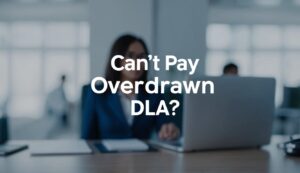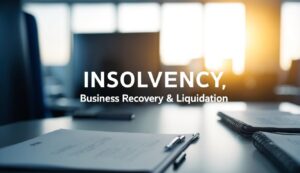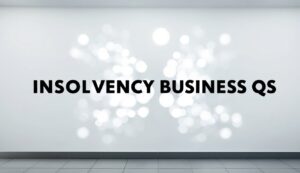What Happens if You Can’t Pay an Overdrawn Director’s Loan Account?
What Happens if You Can't Pay an Overdrawn Director's Loan Account? When you find yourself in a situation with an overdrawn director's loan, it's important to understand the potential consequences and take appropriate action. As a director, you may face significant financial implications if you're unable to repay the loan, especially if your company enters [...]









